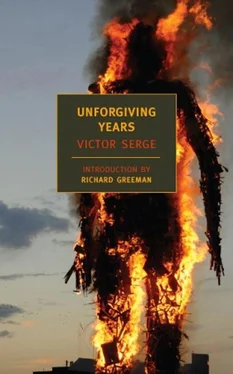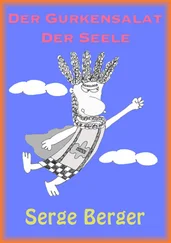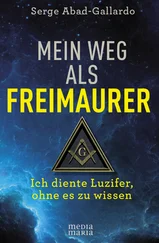9. The manuscripts have never been recovered, despite diligent searches of recently opened Soviet archives. See Richard Greeman, “The Victor Serge Affair and the French Literary Left,” Revolutionary History 5, no. 3 (Autumn 1994).
10. See Alfred Rosmer, Victor Serge, and Maurice Wullens, “ L’Assassinat d’Ignace Reiss ,” Les Humbles (April 1938).
11. Walter Krivitsky, In Stalin’s Secret Service (Harper, 1939).
12. FBI Archives, Serge’s file for February 13, 1941. Courtesy of Susan Weissman.
13. The Course Is Set on Hope (Verso, 2002), p. 67. The book’s main argument is that “Serge’s critique of Stalinism was the core of his life and work” (p. 6), and she gives short shift to his anarchist years, his poetry, and his fiction, which she finds “useful” in understanding Stalinism.
14. Serge is better known in US and British French departments, with two Ph.D. theses: my own (Columbia) and Bill Marshall’s (Oxford), later published as Victor Serge: The Uses of Dissent (New York: Berg, 1992).
15. Serge went to see Gorky as soon as he arrived in Russia in 1919, but declined an offer to join the staff of Gorky’s newspaper. During the civil war, Serge depended on Gorky’s relationship with Lenin to intercede to save anarchist comrades from being shot by the Cheka.
16. Serge, Memoirs .
17. See Victor Serge, Collected Writings on Literature and Revolution , translated by Al Richardson (London: Francis Boutle, 2004).
18. Neil Cornwell, review of Midnight in the Century , Irish Slavonic Studies 4 (1983).
19. Morelle, p. 12.
20. Victor Serge, Carnets (Arles: Actes Sud, 1985). ß
21. Serge, Carnets .
22. The image of “smoking rains” probably came to Serge after witnessing the birth of the volcano Parcutin in 1943 under a rain of hot cinders which ignited and buried the surrounding dwellings and forest. They also refer, of course, to explosives raining from the sky which destroy the “cerebral forest” of human consciousness — seen as if rooted in the earth like a great living brain. Yet the poet’s attitude to this destruction is one of consent, for “nothing yet is lost.” Not as long as the earth preserves “funeral masks” — artefacts of dead cultures like the Aztecs and Mayas he wrote about in Tombeau des civilisations.
23. Victor Serge, Carnets .
24. Les derniers temps (Monteal: Editions de l’Arbre, 1946), translated into English by Ralph Manheim as The Long Dusk (Dial Press, 1946).
1. Alexander Blok, 1914
2. André Salmon, 1919.
1. Written by Josef Utkin (1903–1944) for Sergei Esenin (1895–1925).
2. “Okay” is spoken in English in the original French text.
1. The following exchange is conducted in English in original French text.
2. In English.
3. In English.
1. Phrase appears in English in the original text.












